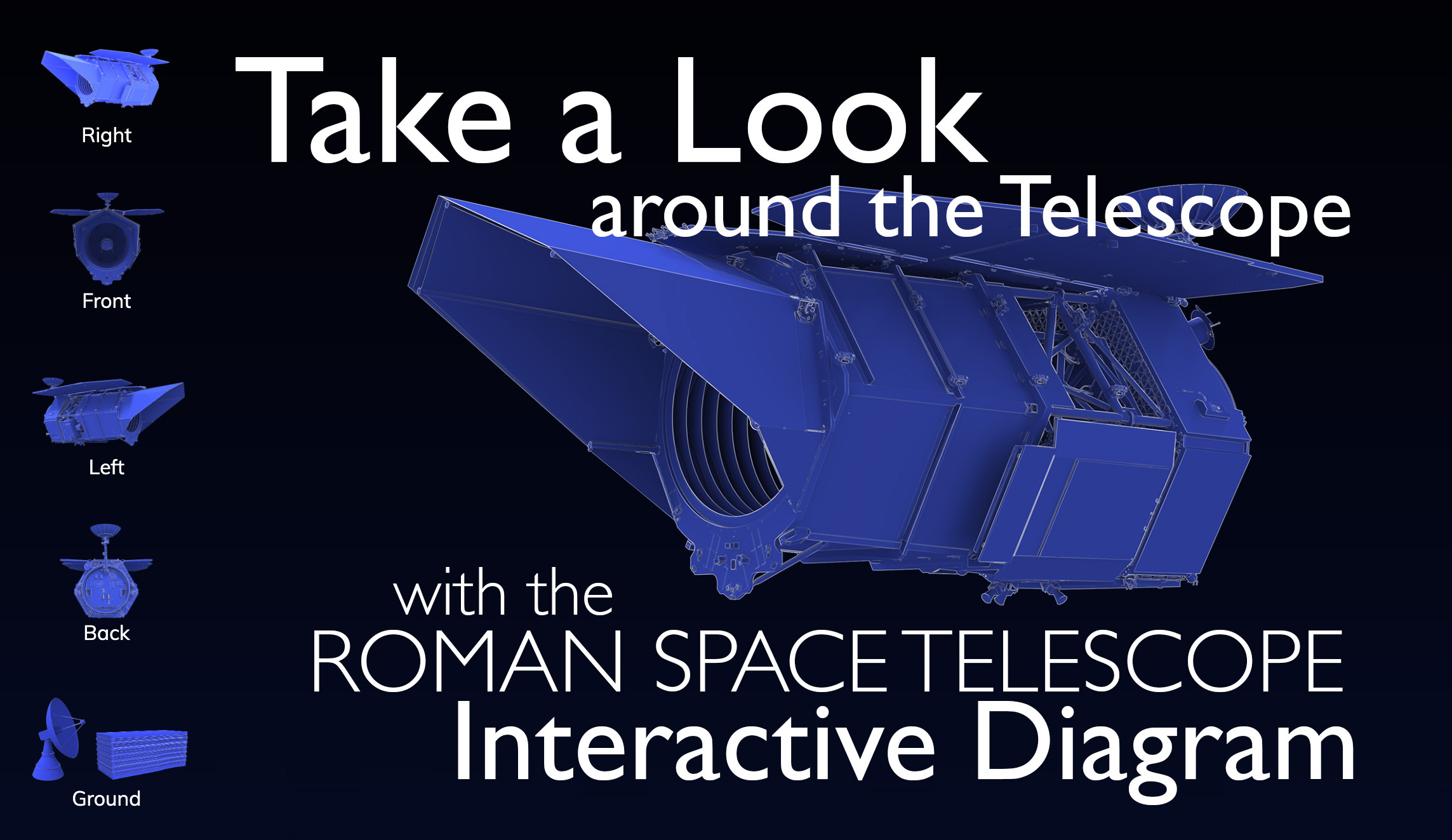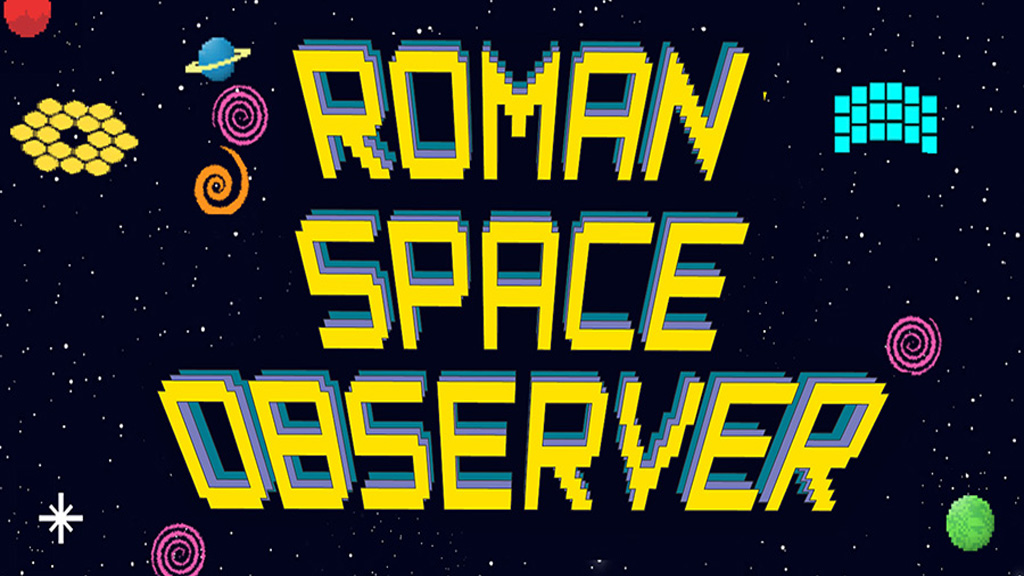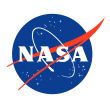General
Astrometry with WFIRST
Robyn E. Sanderson et al (not decadal)
Auxiliary science with the WFIRST microlensing survey
Gaudi et al
Joint survey processing of LSST, Euclid and WFIRST
Ranga Ram Chary et al
Solar System
It's full of asteroids: Solar System science from a wide-field point of view
Bryan Holler, STScI
Exoplanets (excluding microlensing)
Using ground-based telescopes to mature key technologies and advance science for future NASA Exoplanet direct imaging missions
Thayne Currie et al (Exoplanet NAS report)
The crucial, strategic importanceof adaptive optics-assisted ground-based telescopes for the success of future NASA exoplanet direct imaging missions
Thayne Currie et al
Direct imaging of Exoplanets in Nearby Multi-Star Systems
Ruslan Belikov et al
Exoplanet Community Endorsement of the National Academies "Exoplanet Science Strategy".
Peter Plavchan et al
Imaging cool planets in reflected light
Mark Marley et al
Realising the promise of high-contrast imaging: More than one hundred gas giant planets with masses, orbits and spectra enabled by Gais+WFIRST photometry
Timothy Brandt et al
The early evolution of stars and exoplanet systems: exploring and exploiting nearby, young stars
Joel Kastner et al
Understanding exoplanet atmospheres with UV observations I: NUV and blue/optical
Jessie Christiansen et al
Understanding exoplanet atmospheres with UV observations II: The far UV and atmosphere escape
Eric D. Lopez et al
Exocometary observations
Luca Matra
Microlensing
Wide-orbit exoplanet demographics
David Bennett et al
The WFIRST Exoplanet Microlensing Survey
David Bennett et al
Measurement of the free-floating planet mass function with simultaneous Euclid and WFIRST observations
Matthew Penny et al
Masses and distances of planetary microlens systems with high angular resolution
Aparna Bhattacharya et al
The scientific context of WFIRST microlensing in the 2020s
Jennifer Yee et al
Community involvement in the WFIRST exoplanet microlensing survey
David Bennett et al
Identification and characterization of the host stars in planetary microlensing with ELTs
Chien-Hsu Lee et al
Debris Disks
Cold debris disks as strategic targets for the 2020s
John Debes et al
Debris Disk Composition: A Diagnostic Tool for Planet Formation and Accretion
Christine Chen et al
Modeling Debris Disk Evolution
Andra Gaspar et al
Interplanetary dust around main-sequence stars: origin, magnitude and implications for exoplanet searches
Bertrand Mennession
Stellar Populations
Construction of an L* Galaxy: the past, present and future of the Great Andromeda System
Karoline Gilbert et al
Discovery of cold brown dwarfs or free-floating planets close to the Sun
Sandy Leggett et al
Far-reaching science with resolved stellar populations in the 2020s
Ben Williams
From stars to compact objects : the initial-final mass relation
Jessica Lu et al
Science at the edges: internal kinematics of globular clusters' external fields
Andrea Bellini et al
Near-field cosmology and the lowest mass galaxies
Daniel Weisz
On the Origin of the Initial Mass Function
Roberta Paladini
Star formation in different environments: the initial mass function
Matthew Hosek et al
Science platforms for resolved stellar populations in the new decade
Knut Olsen et al
The multi-dimensional Milky Way
Robyn Sanderson et al
Transient Phenomena & Time Domain
WFIRST: Enhancing transient science and multi-messenger astronomy
Ryan Foley et al
GRBs as probes of the early universe with TSO
Nial Tanvir
Multi-Messenger Science
A summary of Multi-Messenger Science with Neutron Stare Mergers
Eric Burns et al
Gravity and Light: Combining gravitational wave and electromagnetic observations in the 2020s
Ryan Foley et al
WFIRST: Enhancing transient science and multi-messenger astronomer
Ryan Foley et al
Black Holes
Electromagnetic probes of primordial black holes as dark matter
Alexander Kashlinsky et al
Electromagnetic window into the dawn of black holes
Zoltan Haiman et al
Galaxy Evolution
Measuring the metallicity of low-mass, low-metallicity galaxies in the early universe
Denis Burgarella et al
Observing Galaxy Evolution in the Context of Large-Scale Structure
Mark Dickinson et al
The first luminous quasars and their host galaxies
Xiaohui Fan et al
Understanding galaxy formation via near-infrared surveys in the 2020s
Brant Robertson
The WFIRST Deep Grism Survey: WDGS
Russell Ryan et al
Deep Fields, Re-ionization & Cosmology
LSST observations
of WFIRST deep fields Ryan Foley et al
Cosmic Voids: a novel probe to shed light on our universe
Alice Pisani
Partnering Space And Ground Observatories: Synergies in Cosmology from LSST and WFIRST
Tim Eifler et al
An Ultra Deep Field Survey with WFIRST
Koekemoer et al
A proposal to exploit galaxy-21cm synergies to shed light on the epoch of reionization
Anne Hutter et al
Synergies between galaxy surveys and reionization measurements
Steven Furlanetto
Cosmological synergies enabled by joint analysis of multi-probe data from WFIRST, Euclid and LSST
Jason Rhodes et al
Cosmology in the 2020s needs precision and accuracy: the case for Euclid/LSST/WFIRST joint processing
Ranga Ram-Chary et al
UV Diagnostics of Galaxiesfrom the peak of star-formation at the epoch of reionization
Casey Papovich et al
Illuminating the dark universe with a very high density galaxy redshift survey over a wide area
Yun Wang
Tracing the formation of galaxy clusters into the epoch of reionization
Roderick Overzier and Nobunari Kashikawa
The future landscape of high redshift galaxy cluster science
Adam Mantz et al
Cosmic Dawn and Reionization: Astrophysics in the Final Frontier
Asantha Cooray et al
Studying the reionization epoch with QSO absorption lines
George Becker et al
Unveiling the phase transition in the Universe
Steven Finkelstein et al
Tomography of the Cosmic Dawn Era with Multiple Tracers
Tzu-Ching Chang et al
WFIRST: the essential cosmology space observatory for the coming decade
Olivier Dore et al
Synergizing Deep Field Programs across Multiple Surveys
Peter Capak et al
Mini-survey of the northern sky to dec <+30
Peter Capak et al
The key role of supernova spectrophotometry in the next-decade dark energy science program
Saul Perlmutter et al
Type Ia Supernovae with TSO
Michael Wood-Vasey et al
Neutrino mass from cosmology: probing physics beyond the standard model
Cora Dvorkin et al
Populations behind the source-subtracted cosmic infrared background anisotropies
Alexander Kashlinky et al
Astrophysics and cosmology with line intensity mapping
Ely Kovetz et al
The next generation of cosmological measurements with Type Ia supernovae
Dan Scolnic











